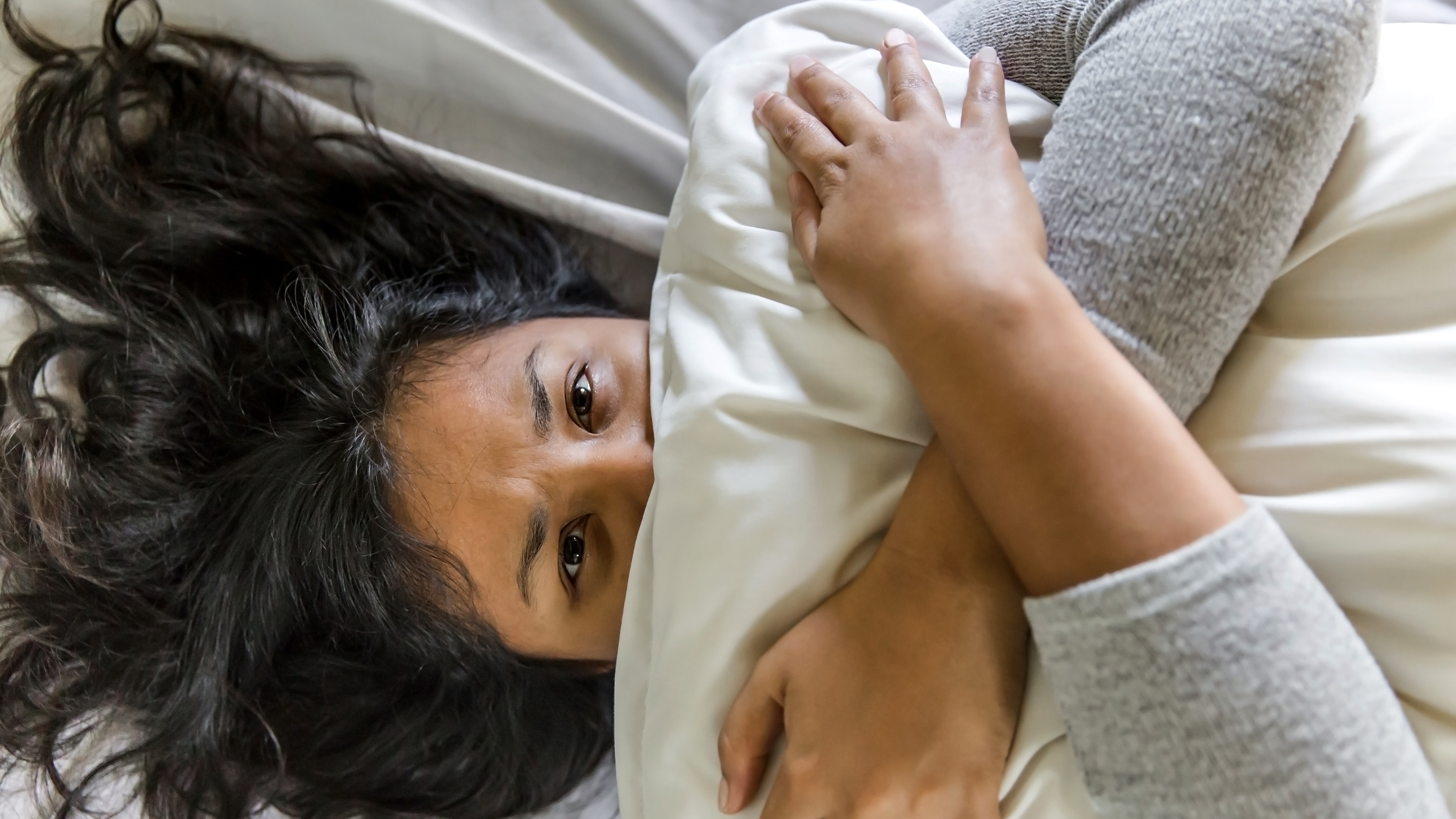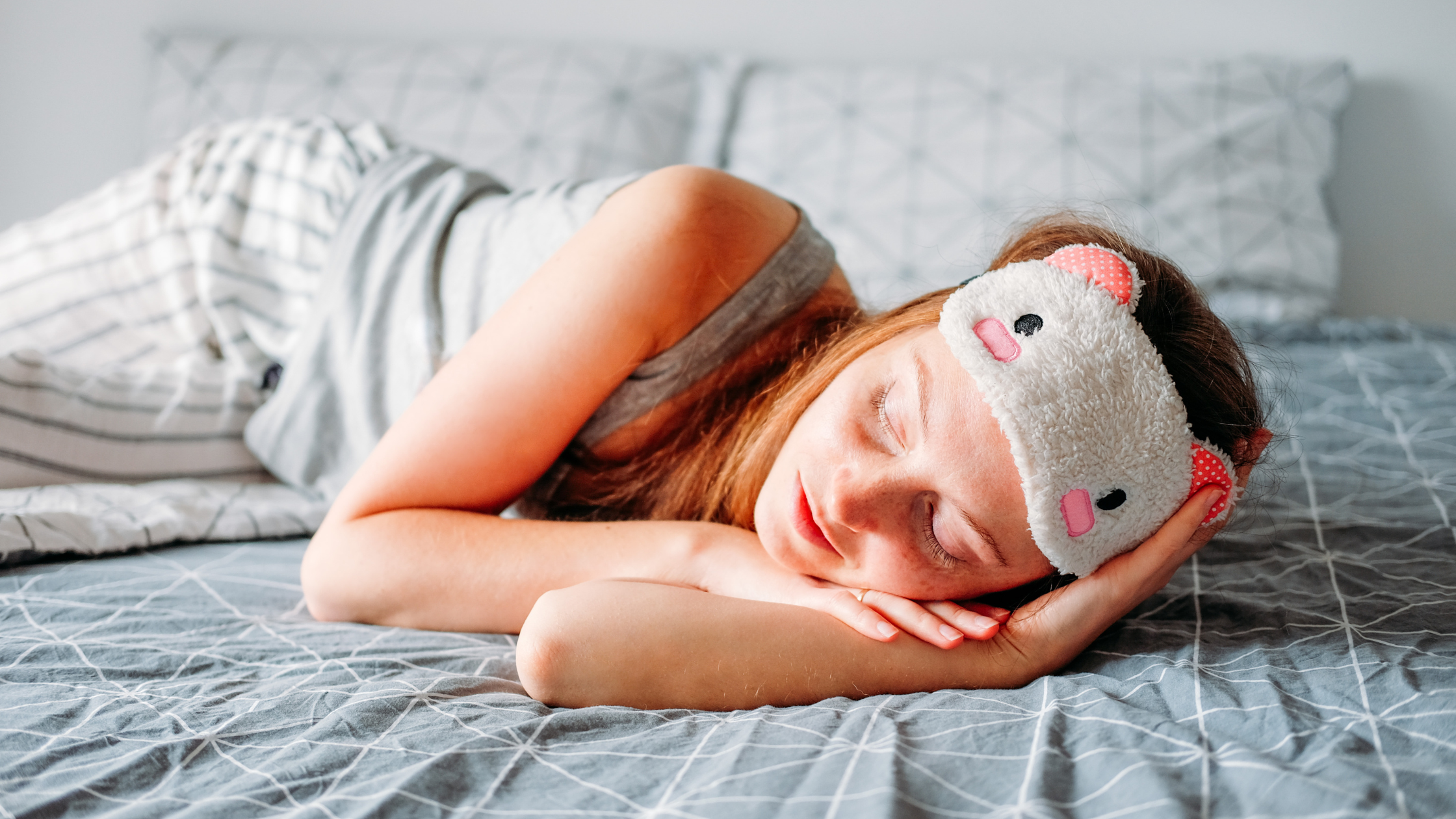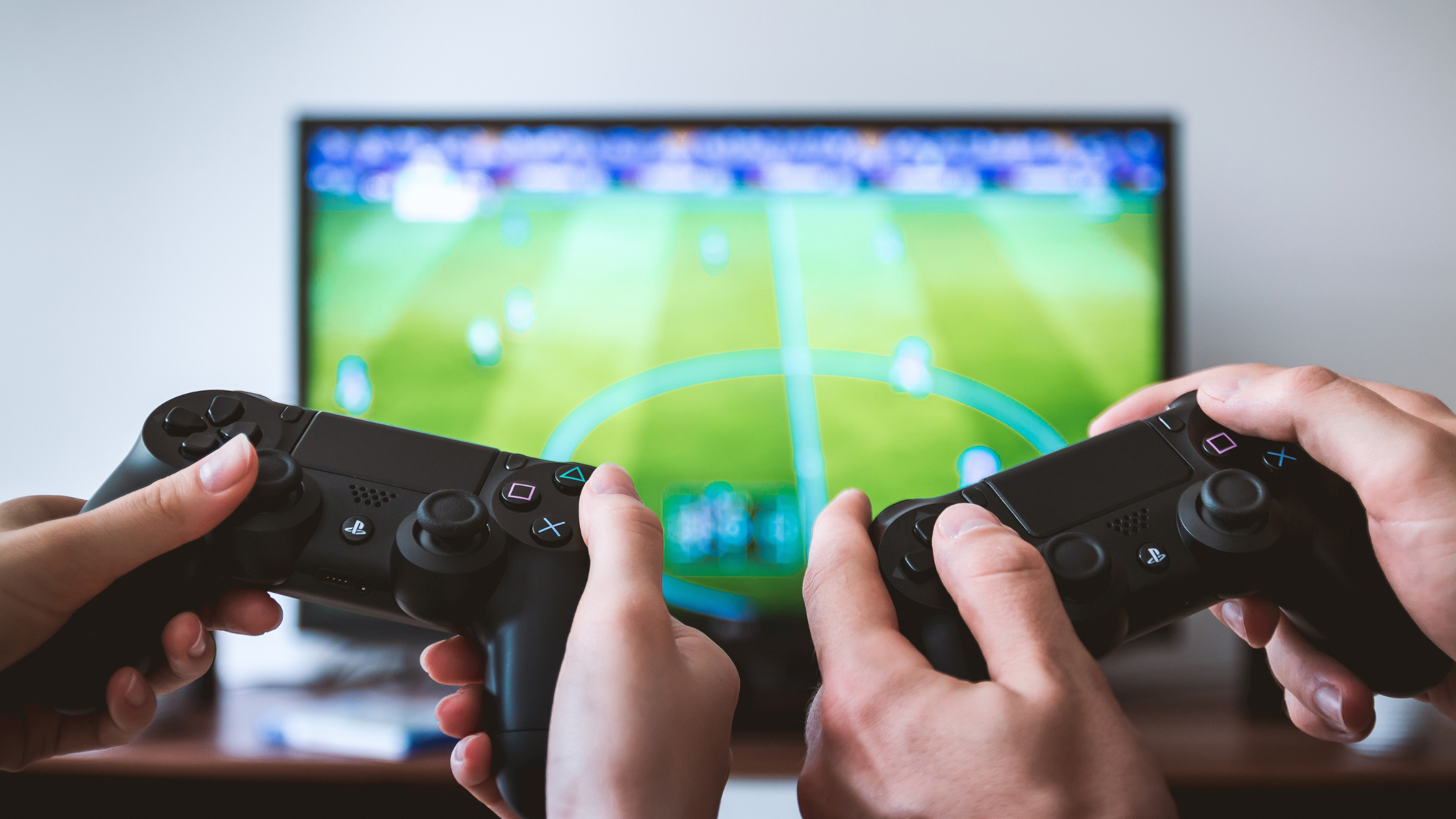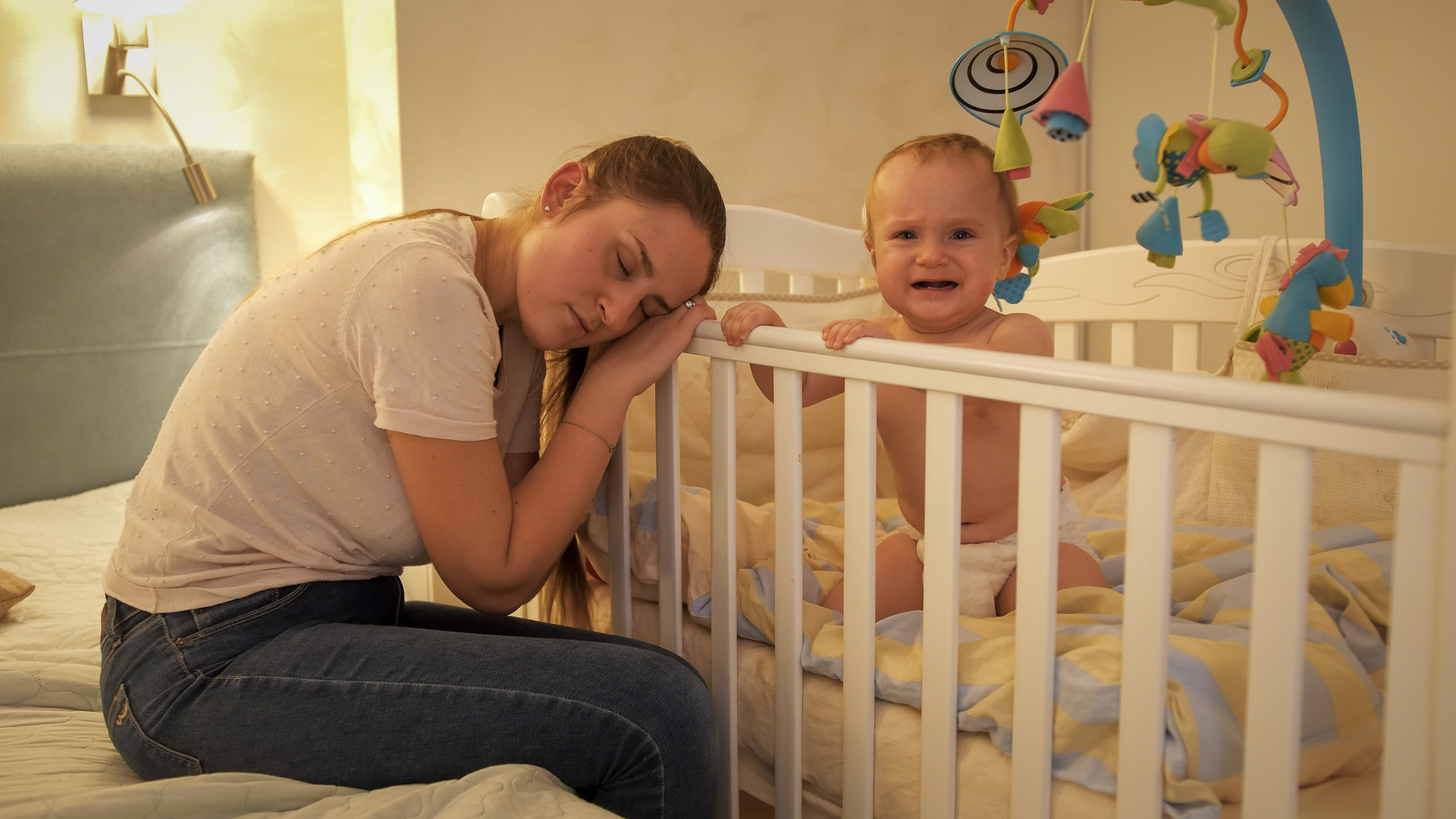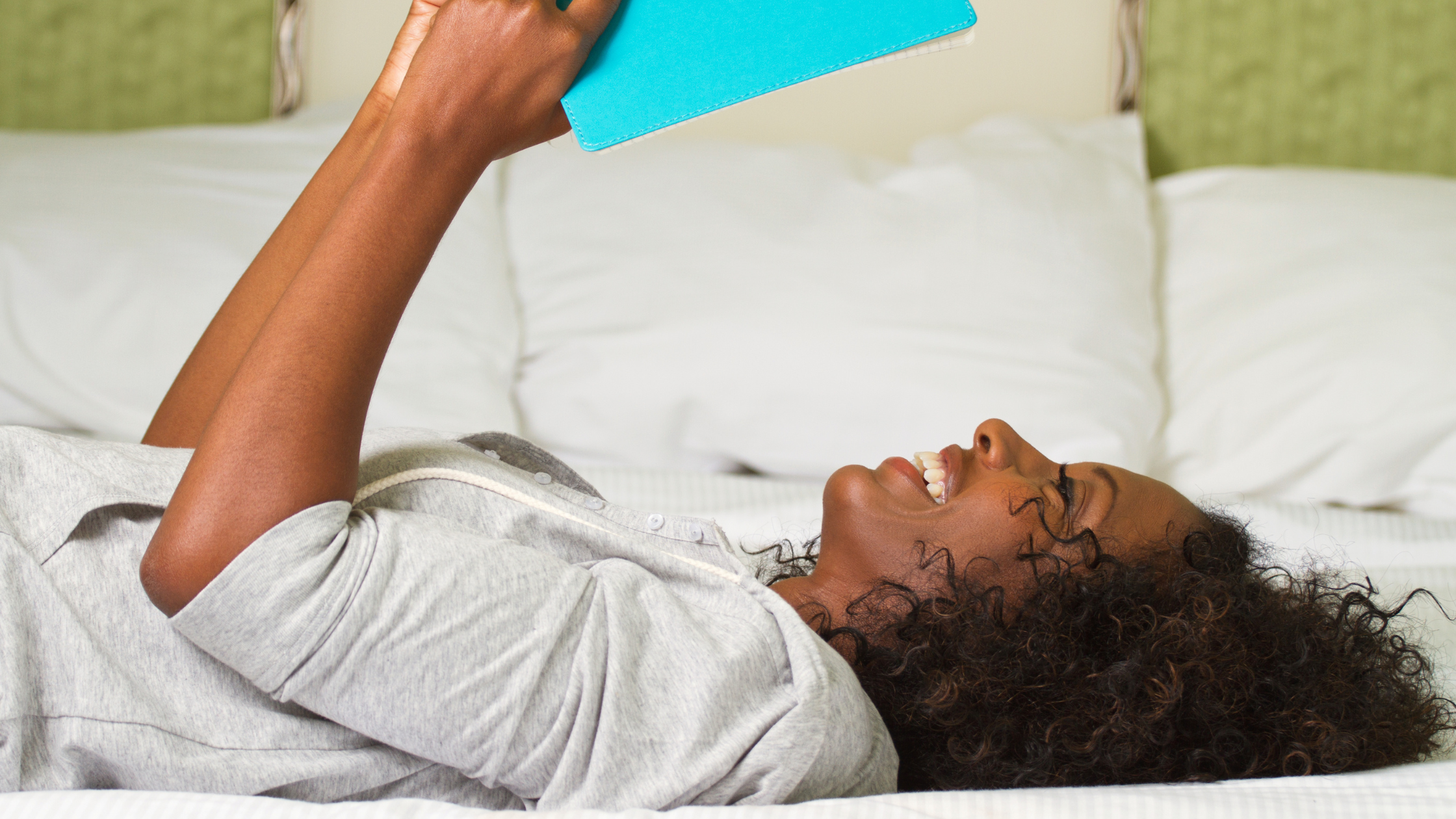For many individuals, nighttime is a sanctuary of rest and rejuvenation. However, for those who experience nighttime panic attacks, the darkness can become a source of fear and distress. Nighttime panic attacks, though less common than daytime episodes, can be just as debilitating and disruptive to sleep and overall well-being. In this blog post, we'll delve into the complexities of nighttime panic attacks, exploring their causes, symptoms, and strategies for coping and finding relief.
Understanding and Managing Nighttime Panic Attacks
In today's fast-paced world, quality sleep is often sacrificed in favor of productivity, entertainment, or other commitments. However, prioritizing sleep is crucial for overall health and well-being. By cultivating healthy sleep habits, individuals can improve sleep quality, enhance daytime functioning, and reduce the risk of various health conditions. In this blog post, we'll explore the importance of building healthy sleep habits and offer practical tips for creating a bedtime routine that promotes restful and rejuvenating sleep.
In today's fast-paced digital era, video games have become an integral part of our lives. They provide entertainment, challenge, and a sense of accomplishment. However, with the increasing popularity and accessibility of gaming, it's important to understand the impact it can have on our sleep patterns. In this blog post, we will explore the relationship between sleep and video games, examining both the potential negative effects and some tips for maintaining a healthy sleep schedule while still enjoying gaming.
You may be so excited when your baby starts sleeping through the night, and then very confused and frustrated when that suddenly stops. This is called sleep regression, and some babies to through it at various times of their development. Continue reading to learn more about what a sleep regression is, and what you can do about it to help you and your baby get better sleep.
On this site, we talk a lot about sleep hygiene and creating a good sleep routine. One activity that is often recommended is reading a book before bed. Reading before bed is a fun, relaxing activity that often does not expose you to blue light (unless you read on an electronic device) and can help your brain wind down before bed.
Continue reading to learn the benefits of reading before bed and other tips to help optimize this activity.
Why Panic Disorder and Anxiety Cause Sleep Issues
People with panic disorder and other anxiety-related disorders may struggle with obtaining a full night of restful sleep. Specific sleep comorbidities may include insomnia and panic attacks. There is a relationship between sleep problems and these anxiety disorders, where an exacerbation of one can lead to issues with the other. Continue reading to find out why panic disorder and anxiety cause sleep issues, and what you can do to mitigate your sleep disturbances.
Sleep is important for a variety of reasons, but getting good sleep is not as easy as it seems. For some, sleep may actually seem impossible. For others, they may think they are getting good sleep, and think that it's normal to feel tired during the day. Although that midday slump hits, it is not normal to be excessively tired throughout the day. This is an indication of poor sleep. Although sleep disorders may be the cause of poor sleep, more often than not, poor sleep hygiene is. Unlearn some of those poor habits and begin sleeping well!
What a Sleep Study Can Determine About Your Mental Health
Sleep is vital for your overall health and mental health. Whether you aren't able to fall asleep easily, or experience too many waketimes throughout the night, the impact on your mental health can be severe.
The brain does a lot of restoration and recharging throughout the night, during sleep. If sleep is fragmented, or simply doesn't happen, then this can increase the risk for mental health disorders, fatigue, and increased stress levels.
Sleep is essential, and your sleep habits can tell you a lot about your mental health. So what's the best way to learn your sleep habits? Through a sleep study. Continue reading to learn more about what a sleep study can help you determine about your mental health.
Sleep plays a critical role in our lives, especially in terms of mental health and brain function. When sleep is disrupted, there are going to be negative consequences. Poor sleep can have severe effects mentally, emotionally, and physically. Significant health issues, like depression, hypertension, and cardiovascular disease are some serious consequences of poor sleep. Poor sleep can be caused by lifestyle and poor sleep behaviors, but in some, it can be caused by an underlying sleep disorder.
Sleep apnea is a common sleep disorder where sleepers stop breathing periodically throughout the night. It can be categorized into three different types: obstructive, central, and mixed. Obstructive sleep apnea is very common, while central is more rare.
Learn why central sleep apnea occurs, and it's potential affect on mental health.
On this blog, we talk a lot about establishing a good sleep hygiene. Sleep hygiene is by far the best method for establishing a good sleep routine that leaves you feeling rested and ready to take on the day!
But what exactly is sleep hygiene? It's this term that is sort of thrown around without a lot of context. However, it is an important part of improving your sleep health. Therefore, it's important that you understand what it is, as well. Continue reading for a more in-depth explanation of what sleep hygiene actually is, so you can better implement it into your life.

